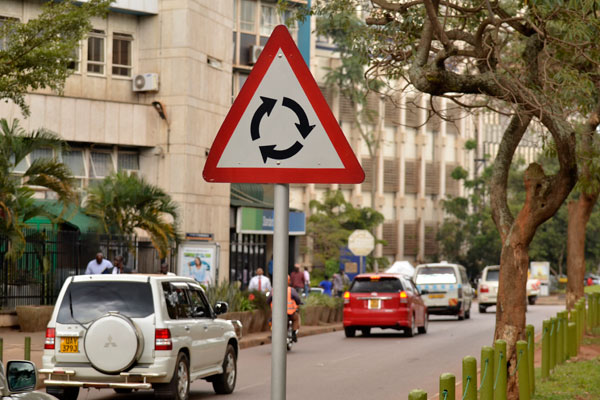Liz Kakooza has struggled with depression herself. She has had it ever since she was a child. She never knew depression was a very big issue until 2015 when she was diagnosed and had to through therapy.
However, when she recovered, she realized that there were no organizations doing work to address the mental health issue in Uganda at a time when many cases of depression were on the rise.
“I was diagnosed with Major Depressive Disorder and having experienced stigma first hand and the lack of access to health care in Uganda, I made it my life’s purpose to raise awareness around mental health which in turn will address the issue of stigma.” Liz notes.
The mental health situation in Uganda
In 2006, The Principal Medical Officer in charge of Mental Health at the Health Ministry, Dr. Sheila Ndyanabangi, had predicted that there was going to be a significant increase in mental health illnesses over the next years. In 2016, The IOGT International reported that there had been 500% increase in mental disorders in Uganda.
Globally according to the World Health Organization, One in four people in the world will be affected by mental or neurological disorders at some point in their lives. Around 450 million people currently suffer from such conditions, placing mental disorders among the leading causes of ill-health and disability worldwide.
Stigma associated with mental illness also is a significant barrier to care. People with mental health problems are amongst the least likely of any group with a long-term health condition or disability to find work, be in a steady, long-term relationship, live in decent housing, and be socially included in mainstream society.
Kakooza is saving many people by encouraging them to open up on mental health
Founding Tumaini Foundation
“I started the Tumaini Foundation after identifying a need in the Mental Health space in Uganda and the continent as a whole.” Says Liz Kakooza, the Founder and Executive Director of Tumaini Foundation.
Tumaini Foundation’s approach is threefold aimed at raising awareness and address the stigma around mental health, improve access to health care for people living with mental health issues and influence and implement policy and legislation around mental health.
“In my journey of recovery, I have learnt that true recovery comes from helping others going through the same challenges which is why I started Tumaini Foundation.” Liz states as she recalls her story.
Tumaini Foundation’s focus is also on addressing stigma. Liz through her foundation believes that stigma comes from a place of ignorance and by educating people about mental health, we are able to address the stigma around mental health which will have a ripple effect and open doors for our initiatives.
The journey to launching the foundation and starting her work has also not been easy. Liz has not yet been able to identify many stakeholders in the mental health space in Uganda as the topic remains not talked about
Uganda on the other hand, has only one psychiatric hospital to handle all mental cases from across the country which becomes a very big challenge for individuals like Liz.
As Daily Monitor reported, Butabika National Referral Mental Hospital (commonly known as Butabika hospital or Butabika) is Uganda’s second largest hospital and the centre for mental health treatment and education in the country. The hospital may house anywhere from 700 to 800 patients at any one time, although it was built for a capacity of 550 patients.
“I have used crowd funding techniques and have engaged partners in my networks to get the ball rolling to change the conversation around mental health in Uganda. The message has spread further than anticipated to even different parts of the continent.”- Liz notes.
Currently, the foundation has a number of projects it intends to roll out in its long-term plan. Recently, the foundation was able to start work on its first treatment center Africa Retreat Center (ARC). ARC is an intensive outpatient facility and rehab center. It offers different treatment and rehabilitation programs for people living with mental health disorders and addiction issues.
Other programs by the foundation include; Tumaini Combat which aims to work with the army, Tumaini Woman which aims to address mental health issues prevalent among women, Tumaini Ingane which will address the onset of mental health challenges among children and Tumaini Lifeline; Which is a suicide & crisis counseling hot-line. With this we will also launch an app to enable peer-to-peer support.
“We plan to roll-out an Employee Assistance Program (EAP) where we will work with employers (corporations & private businesses) to address mental health challenges in the workplace and to develop mental health policies.
At The Tumaini Foundation, Liz believes that it is through sharing of personal stories that the foundation will be able to change the conversation around mental health. In this spirit, the foundation is slowly rolling out several communications initiatives e.g. a blog that will be live soon to share stories about mental health that are within the African context.




















